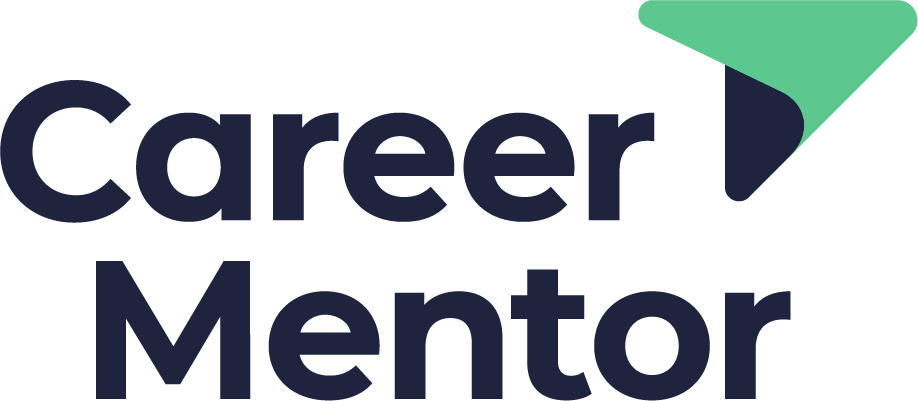Impact-focused CVs and interview examples
I was recently helping a Coaching Client prepare examples that he might use for an upcoming job interview. I was struck by the word I kept hearing: ‘I’. We agree that this needed some attention, and how to both graciously acknowledge the contribution of others’ as well as one’s own. In this week’s blog, I discuss how to address this in both one’s CV and interview examples.
Interviewers definitely want to get an idea of your abilities, skills and accomplishments. They want to take that evidence and project it forward onto the business issues they face, thereby taking a view of whether you may be able to deal with them. At the same time, the interviewers will also be looking to understand your character traits. You now have an opportunity to showcase them, not by saying, for example, that you’re a team player. Rather, you can do so by illustrating that in the course of your stories and Valued Add Messages.
Giving examples - some things to consider
When you’re giving examples to evidence the claims you’re making, always make sure you’re:
Being accurate about your true contribution to a wider team accomplishment
Generously giving credit to the input of your fellow team members and the deal leader (if you weren’t leading the effort)
Showing your leadership abilities, if you were in fact leading
Highlighting your ability to contribute and collaborate to the success of others
Your impact specifically on the deal/project and, by extension, on the business.
In doing so, the word ‘I’ will inevitably be used. However, in following this approach, it should be used less frequently. You also want to ensure you’re reasonably succinct.
This then, of course, extends to the written content in the Experience section of your CV. Here, we need to avoid just rolling out your various roles and responsibilities. far more impactful, is to follow the below kind of approach:
Outline the business challenge
The plan
The team assembles
Your place on the team and your contribution specifically
The contribution of others
Your impact on the result that the team achieved
The impact on the business (at whatever level)
Stakeholders: how they were positively impacted and any feedback they gave
What you learnt
You can also weave other qualities into the narrative, such as:
Leadership andsoft influence
Planning and problem solving
Negotiation
Handling setbacks
Adjusting the plan, communicating the good news and the bad
Maintaining momentum
Behaviours aligned with the values of the organisation.
Taking this approach ensures that the impact of your evidence isn’t lessened by the false impression that you’re seeking to exaggerate your role and contributions. If you’re preparing for an upcoming interview or working on your CV, and would benefit from a free, no-strings-attached Coaching Call, let’s talk. Click here to book a call.
